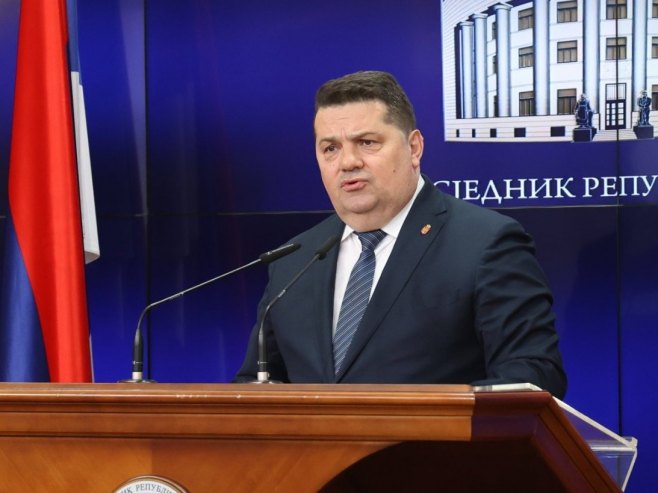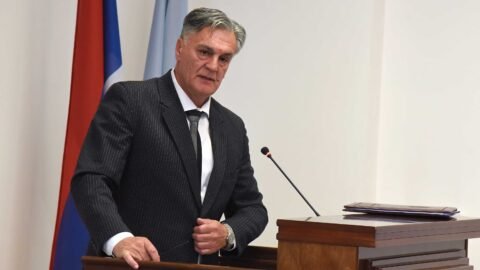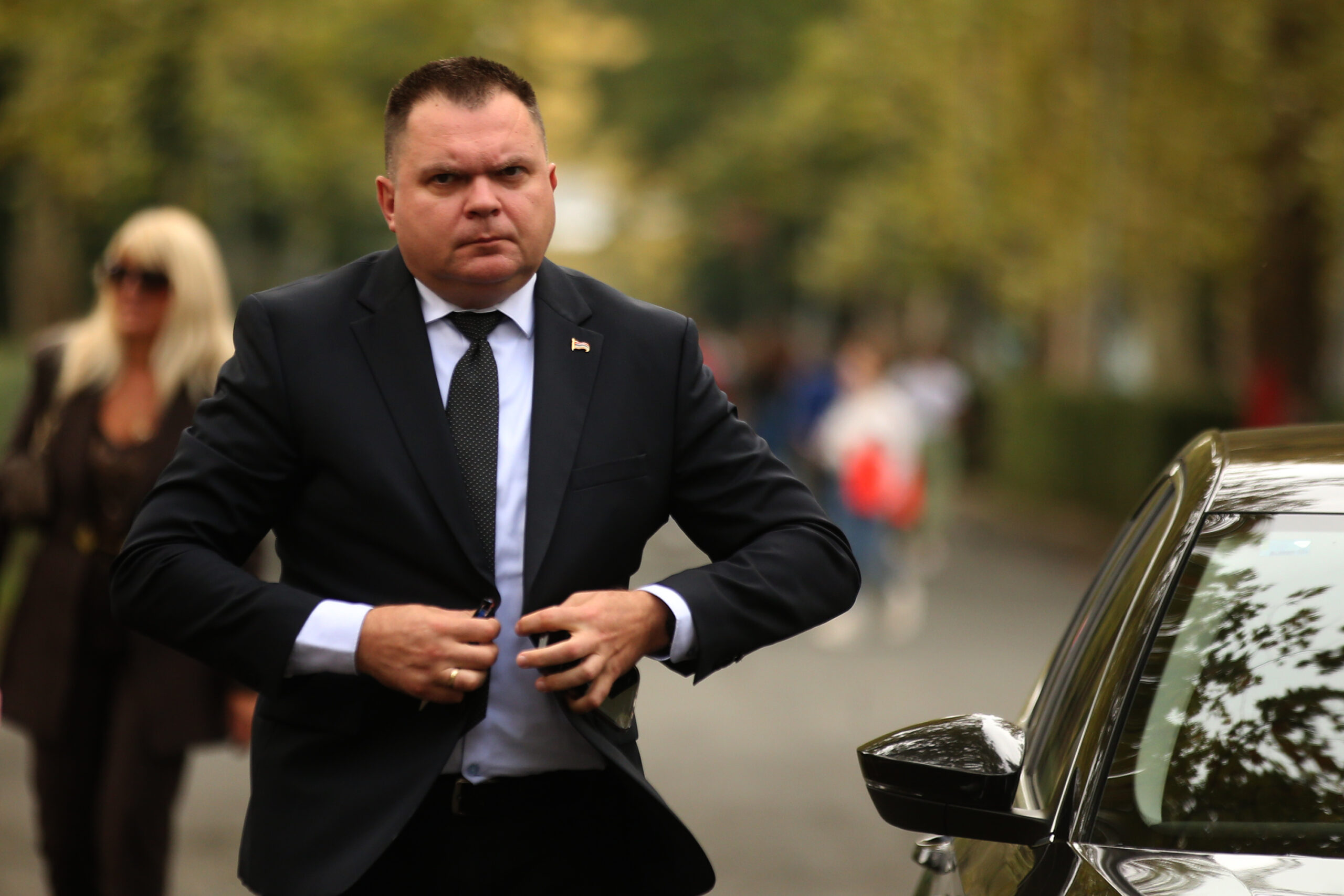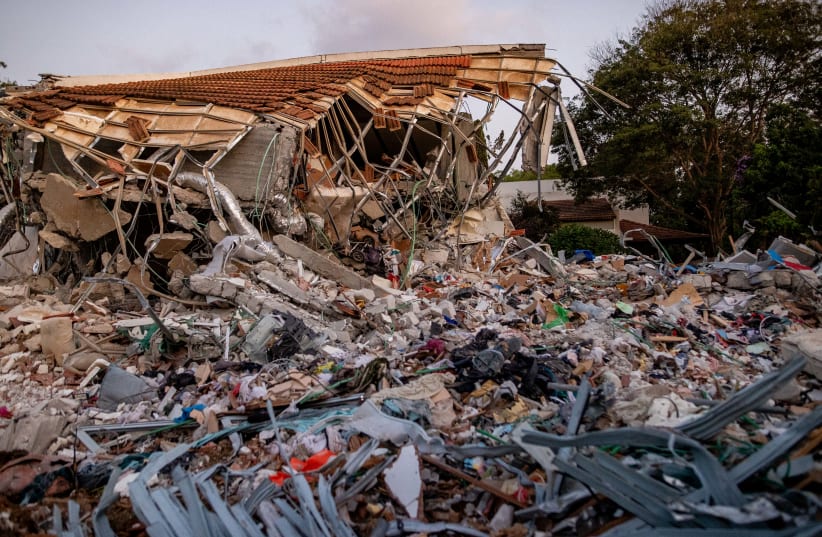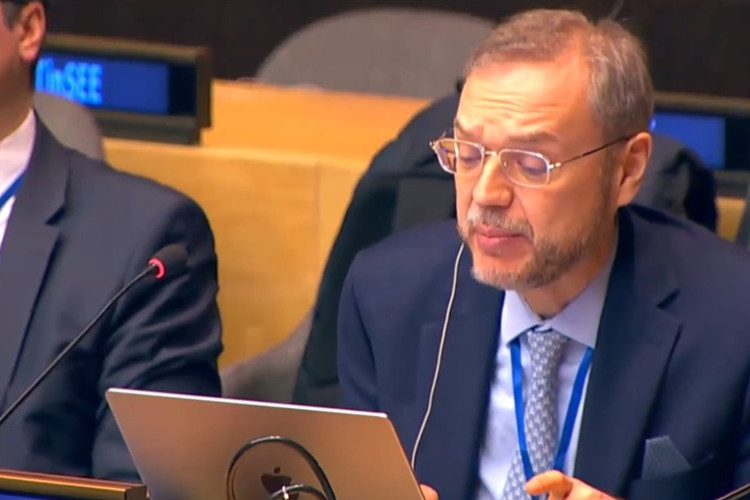Serb delegate in the House of Peoples of the Parliamentary Assembly of Bosnia and Herzegovina, Snježana Novaković-Bursać, stated at the session of the Committee of the Parliamentary Assembly of the Council of Europe for Political Affairs and Democracy in Paris that none of the conditions for the accession of self-proclaimed Kosovo* to the Council of Europe have been met.
In her address, Bursać emphasized that Bosnia and Herzegovina, among many other UN members, has not recognized Kosovo* as an independent state, and this fact will not change in the future, as stated by the Parliamentary Assembly of Bosnia and Herzegovina.
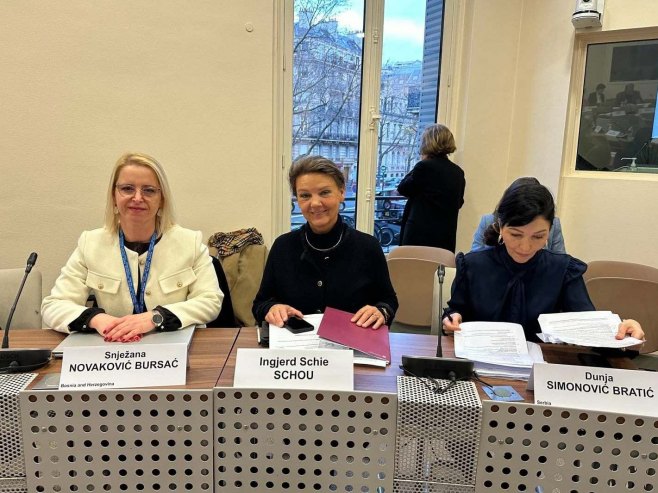
She stated that Resolution 1244 is still in force and must not be bypassed or ignored, adding that, concerning democracy and the rule of law, there are daily witnesses to violence and gross violations of the basic rights of Serb in self-proclaimed Kosovo*. In the 21st century, in the heart of Europe, they live in enclaves without freedom of movement.
Bursać pointed out the destruction of Serb cemeteries across Kosovo and Metohija in an attempt to erase traces of Serb existence in that area. She warned about the destruction of a large number of churches and other objects that are an important part of Serb cultural heritage. She also highlighted many attempts at a false interpretation of historical facts, origin, and the context of cultural heritage.
Considering all this, Bursać concluded that none of the conditions for the accession of self-proclaimed Kosovo* to the Council of Europe have been met.
After Dora Bakoyannis, a member of the Committee from Greece, presented the Committee with conclusions arising from her visit to Kosovo* to establish facts regarding the request for membership of self-proclaimed Kosovo* in the Council of Europe, Bursać asked the Committee members whether, in this case, the term “rule of law” also implies the rule of international law.
She stated that the answer to this question should be positive, even though, as she emphasized, everyone witnesses a dangerous trend of deciding otherwise.
The Committee members were also presented with a detailed report on current events in Libya and the Middle East, with a focus on the consequences of these events for Europe.
The meeting emphasized that the role of the international community in mediating for peace is extremely weak due to the international anarchy in which international actors find themselves, with the United States currently playing a leading role and the dual role of Arab states.
It was pointed out at the meeting that the views of the United States on this conflict are often not in line with the views of the UN, and there is particular concern about the consequences of this conflict for both Europe and the whole world.
The participants in the meeting assessed that these consequences, above all, manifest in the increase of antisemitism and Islamophobia, and the only solution to end the conflict, regardless of the complexity of the situation and the fact that none of the parties recognizes the other, is a return to dialogue.
Within this discussion, the Committee also heard from Haim Asaraf, the Ambassador of Israel to international organizations in Paris, and Hala Abu Hasira, the Ambassador and Head of the Mission of Palestine in France.
All participants in the discussion expressed the view that a solution to the conflict must be found urgently because it is unacceptable for a large number of innocent civilians to suffer.
The Committee also discussed reports on national political reform in Belarus, foreign interference as a threat to democratic security in Europe, strengthening the participation of young people in the work of the Parliamentary Assembly of the Council of Europe, sanctions as protective measures for human rights and democracy, and the topic of migration and asylum in the election campaign and the consequences for the reception and rights of migrants.
Source: RTRS
